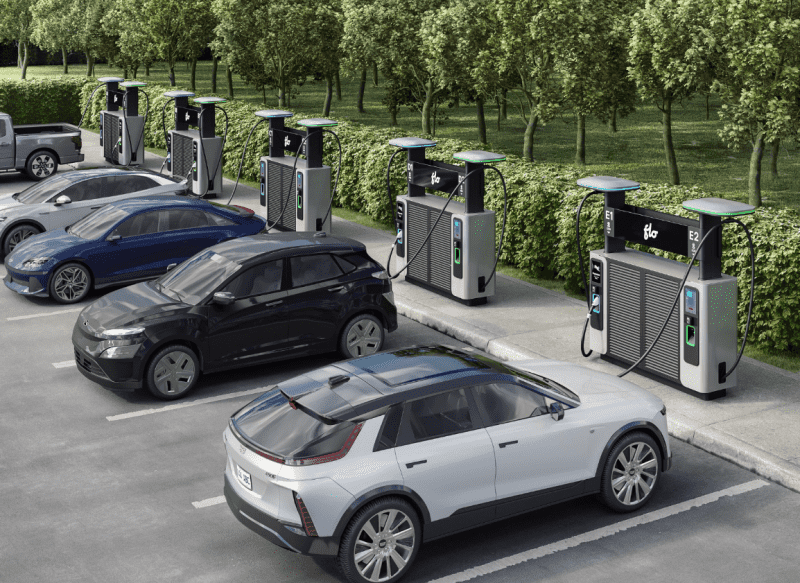Demand for EV chargers outstrips supply in New Brunswick: NB Power
According to NB Power, the demand for electric vehicle chargers exceeds the current supply in New Brunswick. Many EV owners feel that the charging network is not keeping up with sales, which means more EVs are on the road without an increase in charging capacity.
For many drivers, like Carl Duivenvoorden, the transition to all-electric vehicles has been a gradual process. Duivenvoorden and his partners started with a gas-hybrid plug-in model before eventually switching to an all-electric Chevrolet Bolt.
The top concerns of most potential EV buyers are range and battery life. However, as more and more electric vehicles are sold, the demand for charging stations is growing at an unprecedented rate. Despite this, the current supply of charging stations is lagging, causing many electric vehicle owners to experience battery life anxiety.
According to NB Power, the problem is not the actual charging stations, but the infrastructure needed to maintain the charging network. Duivenvoorden explained that when he drives his gas-hybrid plug-in model, he is able to charge it at free public charging stations. However, with the increased demand for charging stations, many public charging stations are now pay-per-use systems.
While this is an inconvenience for drivers, it is a reality of the market given current infrastructure constraints. To meet growing demand, NB Power has begun partnerships with all levels of government and the private sector to increase the number of charging stations across the province.
The aim is to provide EV owners with more charging options. However, the problem is not only the number of charging stations, but also their location. For example, many EV owners feel that the lack of charging stations in rural areas limits their ability to travel long distances.
In addition, Duivenvoorden believes that more standardization is needed when it comes to charging stations. In his view, the lack of standardization makes it difficult for EV owners to determine which charging stations are suitable for their vehicles and how to pay for charging.
Despite these challenges, the general trend towards electric vehicles continues to develop. Many automakers, including General Motors and Ford, have announced plans to phase out gasoline vehicles and transition entirely to electric vehicles over the next few years.
In fact, the shift to electric vehicles is accelerating. There are now more than 400 million electric vehicles on the road globally, a 42% increase from 2019. With this in mind, infrastructure must catch up to meet the growing demand for charging stations to support this transition to more sustainable transportation options.
Post time: May-10-2023









